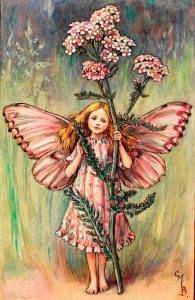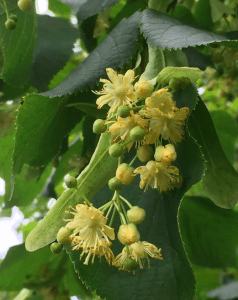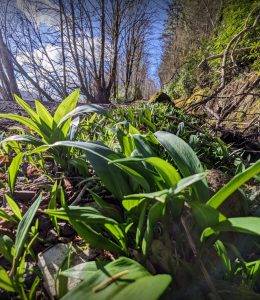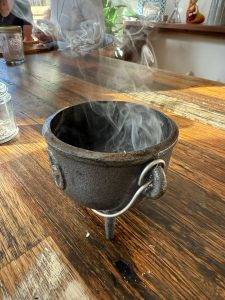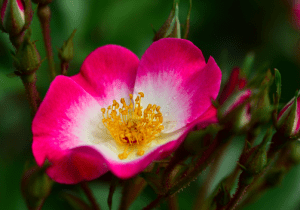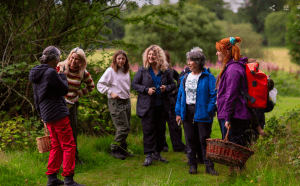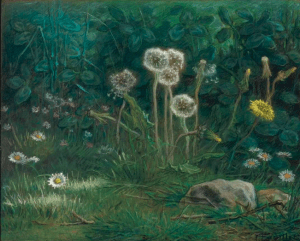With it’s pretty heart shaped leaves, the pale creamy coloured flowers of the Linden tree(Tilia sp.)erupt into bloom between June and July, pumping out their rich honeyed scent and attracting a myriad of insects and wildlife.
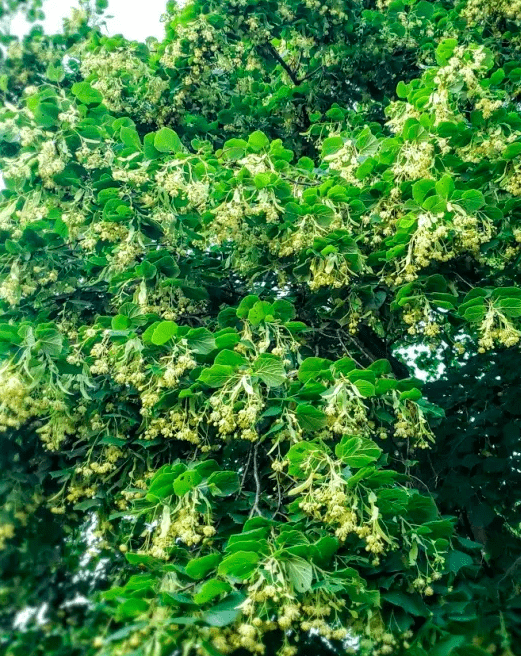
In Britain we have 3 species of Linden(also known as Lime),
Large-Leaved Lime Tilia platyphyllos
Lime Tilia x europaea
Small-leaved Lime Tilia cordata
It’s thought that the tree is called Lime in Britain due to a corruption of the older English word “Lind”. The name “Lime” possibly evolved from “Lind” because of a series of language changes.
The most widely and commonly planted of the three is Lime, a hybrid of the other two, especially in leafy suburbs and in long avenues through parkland. This hybrid, however, is almost certainly not native to Britain.

Linden had spread across much of Europe, at the end of the last ice age, and 6000 years ago, small-leaved in particular, grew across much of mainland Britain, apart from Scotland. Once a common sight growing wild in English and Welsh woodland, it is now much rarer, due to it’s preference for damp, nutrient rich soil, it’s inability to re-colonise secondary woodland and the destruction of much of it’s natural habitat due to farming, agriculture and industry.
It is fortunate for us, that the hybrid Lime is so popular in parks and residential areas.
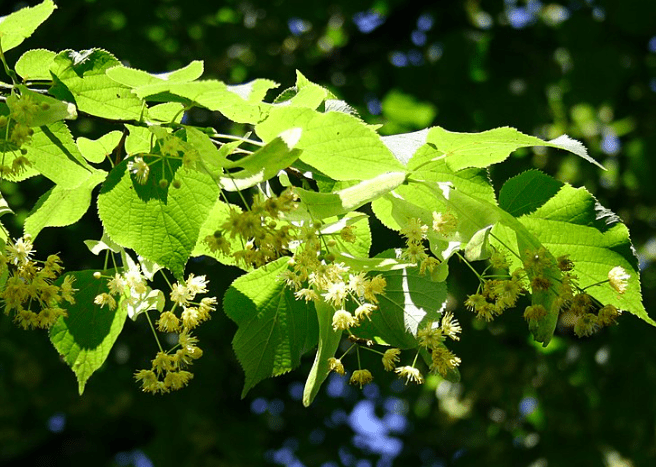
Identification
Heart shaped leaves, that are slightly lopsided with a serrated edge, ranging from 3 to 15cm in length.
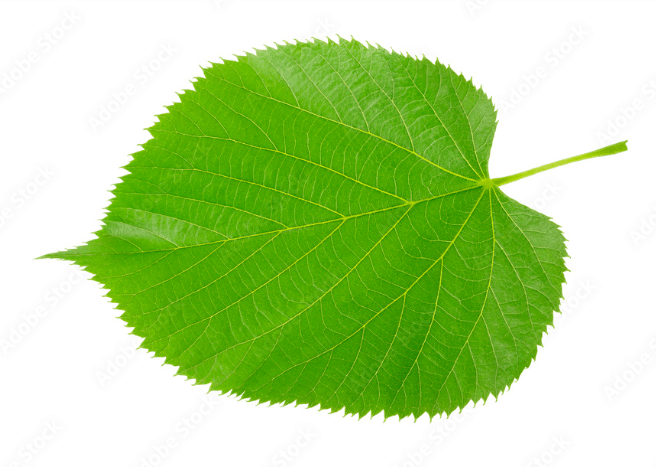
Clusters of creamy yellow flowers, attached to a distinctive, long oblong bract that carries the seeds hundreds of metres in strong winds.
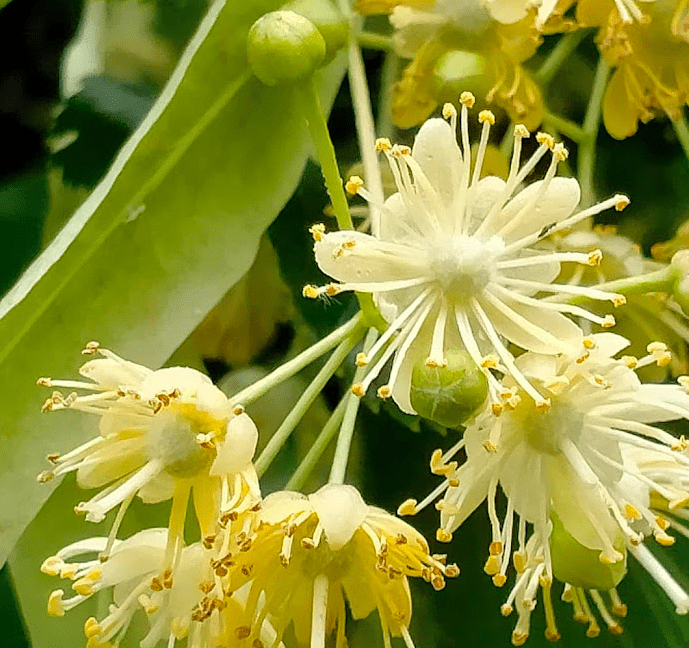
The twigs are distinctive in winter, zig zagging with (frequently) wine red buds that look like boxing gloves and are arranged alternately on the twigs.
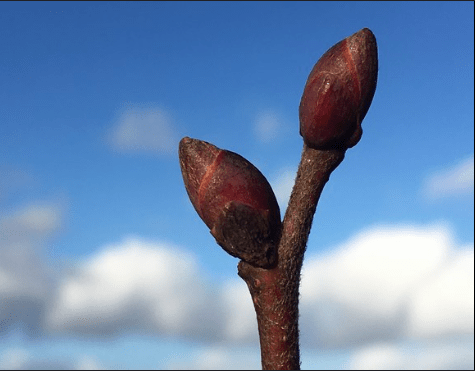
The distinctive red buds of Linden
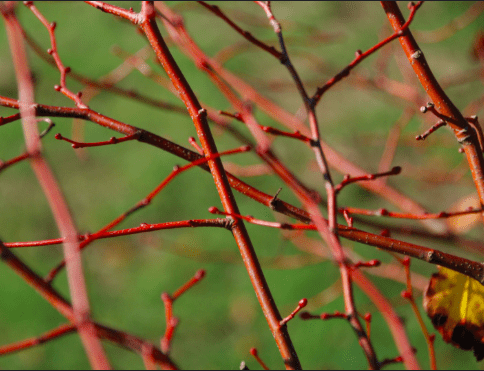
and the zig zag twigs that are so obvious in Winter.
Medicinal Uses
Many European countries sell Linden blossom tea and it is still widely foraged to this day. It is traditionally used for relaxation and insomnia and is safe and effective for children. An infusion in the bath is very soothing.
Linden is used as a tonic for the heart, lowering blood pressure and reducing cholesterol. It also calms the nerves, particularly with anxiety associated with palpitations and some types of migraine.

Folklore
Linden was a popular tree of our ancestors and was associated with fairness and justice in Celtic traditions, so became the meeting place to discuss and deliver sacrifice and ritual. In Baltic countries, Linden represented Laima, the goddess of childbirth, marriage, pregnancy and fertility and across Eastern Europe, the Linden was held at the heart of communities where common decision making and matters of importance would be made. The flowers symbolised peace and friendship, which is apt considering the soothing action of Linden tea.
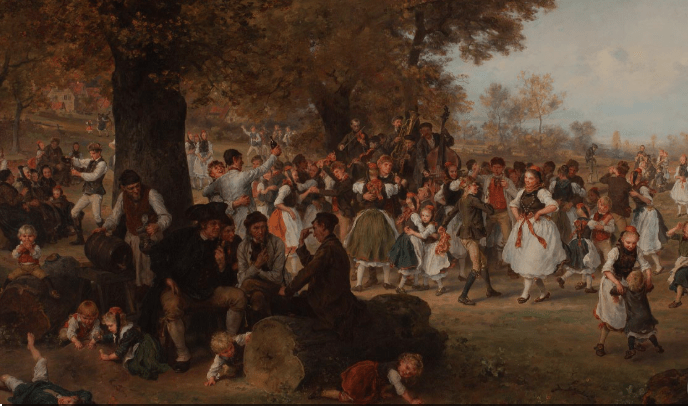
“Dance Under The Linden Tree” by Ludwig Knaus 1881.
Food
Richard Mabey says that Linden blossom produces
“one of the very best teas of all wild flowers”
I have to agree. Linden really is one of my favourite herbal teas to drink and I never seem able to gather enough when I’m foraging to see me through to the following year.
As well as teas, the flowers are infused into honey, syrups, cordials and wines.
The sap and flowers can also be fermented to make wine.
The young leaves are an excellent salad green, mixed with other greens and tossed in a herbal vinegar dressing.
The older leaves can be used as a wrap to make savoury parcels and dried and blitzed to be used as a thickening agent for stews.
This recipe uses the flowers to make a fragrant sticky jam for the Scottish classic, The Empire Biscuit.
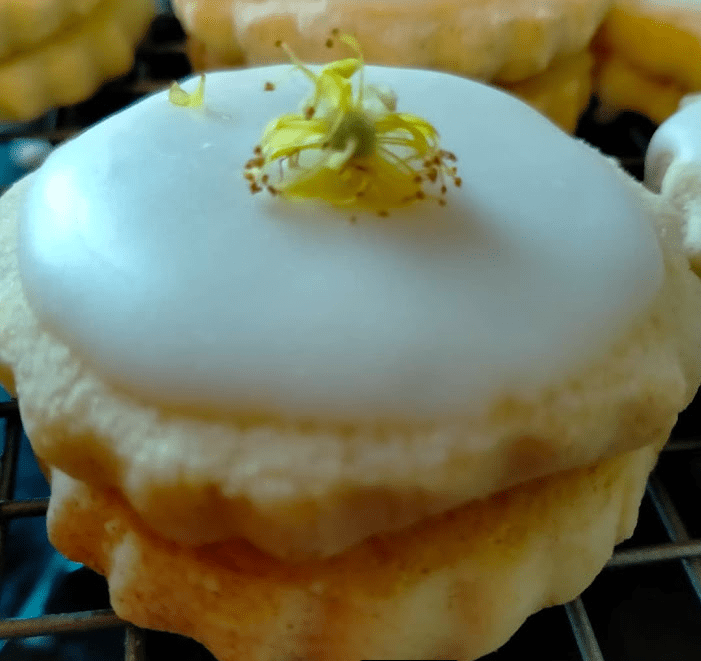
Linden Blossom Empire Biscuits
Linden Blossom Empire Biscuits
Ingredients
The Biscuits
½ a cup of icing sugar
½ a cup of cornflour
1 cup of plain flour
¾ of a cup of dairy free butter
½ a cup of Linden Blossom
The Icing
½ a cup of icing sugar
Approximately 2 tsp of Linden blossom jam/jelly
Equipment
2 baking sheets
Baking parchment
Mixing bowl
Biscuit cutter/not essential as you can always freestyle
Rolling pin
Method
Preheat the oven to 180 degrees Celsius/gas 5 & line your baking sheets with the parchment
Cream the butter & sugar together & then add the rest of the ingredients & combine to make a dough.
Turn out onto a lightly floured work surface & roll out to about 1 cm thick.
Cut out desired shapes & place on baking sheets. Bake for around 15 to 20 minutes.
Allow to cool completely on a cooling rack.
To make your icing simply combine the icing sugar with the jam/jelly. Once your biscuits are cool enough you can sandwich them together with blobs of jam or jelly & then spread your icing on to top of the biscuits.
Linden Blossom Jam
Collect your blossoms/plant material the day before you want to make the preserve. If using blossoms place in a jug, the day before, in alternate layers with the sugar to allow optimum infusion.
Ingredients
2 cups of Lime/Linden blossoms, leaf bracts removed
1 ½ cups of water
3 tablespoons of lemon juice
2 cups of jam sugar, (make sure it has added pectin).
Equipment
1 medium saucepan
1 jug
A couple of sterilised jars.
Method
Place all your ingredients into a saucepan & heat gently until all of the sugar has melted. Bring the pan to a gentle rolling boil & continue heating until the setting point is reached which is 105 degrees Celsius. This usually takes about 10 minutes. If you don’t have a thermometer you can drop a blob onto a plate which has been in the fridge & if it’s ready the mixture will crinkle on the surface when you push it with a spoon.
Allow to cool slightly then pour into your jars. Should keep well for up to a year.
You can use both of these recipes with any type of edible blossom.

